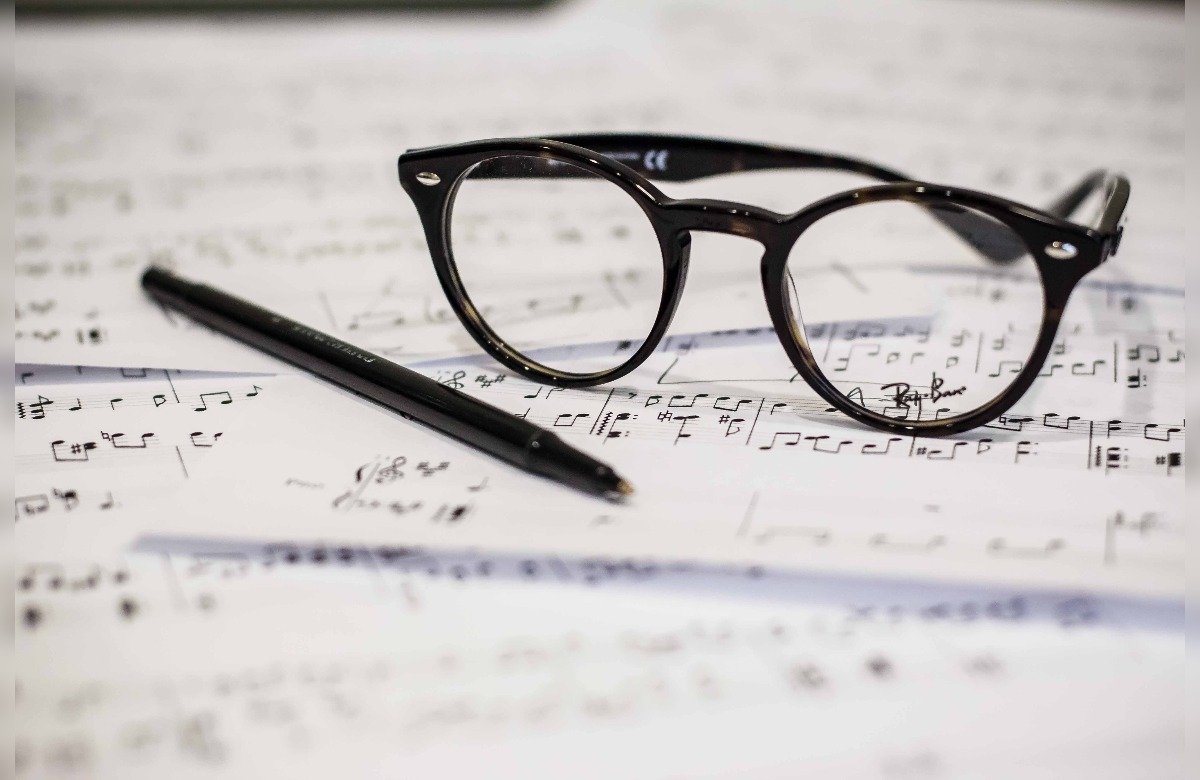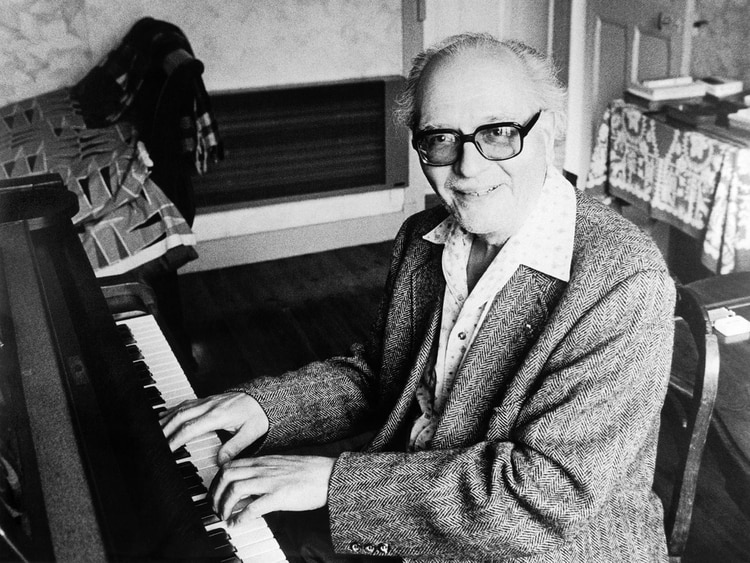
In such circumstances, a composer could write a few notes, but hardly put them on his instrument. If the musician were also confined in a concentration camp, surrounded by all kinds of physical and moral miseries, what would be the point of composing? A music without hope should not be born, or be born when the danger had passed, and that would be the moment to express uneasiness and to raise a cry for justice. This was, for example, the atmosphere of Arnold Schöenberg's oratorio, A survivor from WarsawThe city is full of horrors.
However, a miracle can also happen in a concentration camp. The French composer Olivier Messiaen premiered one of his works in the Gorlitz camp before an audience of five thousand inmates and guards in late 1941. The audience listened to Messaien's piano and the violin, cello and clarinet of three other French prisoners. Thus was the premiere of the Quartet for the end of timewhich evokes a reading of the Apocalypse with the presence of an angel raising his hand towards heaven and proclaiming the end of time. Music of mysticism and mystery, perhaps not suitable for all ears, but capable of making men shaken by pain and guards imprisoned by due obedience meditate.

Olivier Messiaen
Time stood still for everyone in the land of Silesia, but the sensitivity and musical talent of a prisoner, a young organist of the Parisian church of La Trinité, opened windows of eternity. No apocalyptic music in the style of the 19th century, in the style of Berlioz and Verdi, but, on the contrary, an insinuating liturgy of birds at dawn, something familiar to a prisoner. The first notes of the work suggested the presence of these "little prophets of an immaterial joy," in Messaien's own words.
The first notes of the work suggested the presence of these "little prophets of an immaterial joy".
Remembering this unusual musical premiere is tantamount to rejecting that we live in a senseless world in which mistrust would be the basis of security, and even of freedom, an individualistic freedom. The truth is that Messaien carried in his luggage records by Bach, Beethoven, Ravel and Stravinski. This is a detail that caught the attention of the camp commandant, a music lover who had not been dehumanized, and offered him paper to compose and a piano. Thus arose the first hearing of a work that Hitler and Stalin would have rejected, one for "degenerate music" and the other for not conforming to "socialist realism". They could not have foreseen that in time this work would have more than a hundred recordings.
The attitude of the commander is a note of hope for all times. We will have to trust that there will always be someone who will not obey arbitrary orders, like that of the Führer to set fire to Paris, that there will be someone who does not believe that discipline is synonymous with morality.
Antonio R. Rubio Plo
Degree in History and Law
International writer and analyst
@blogculturayfe / @arubioplo